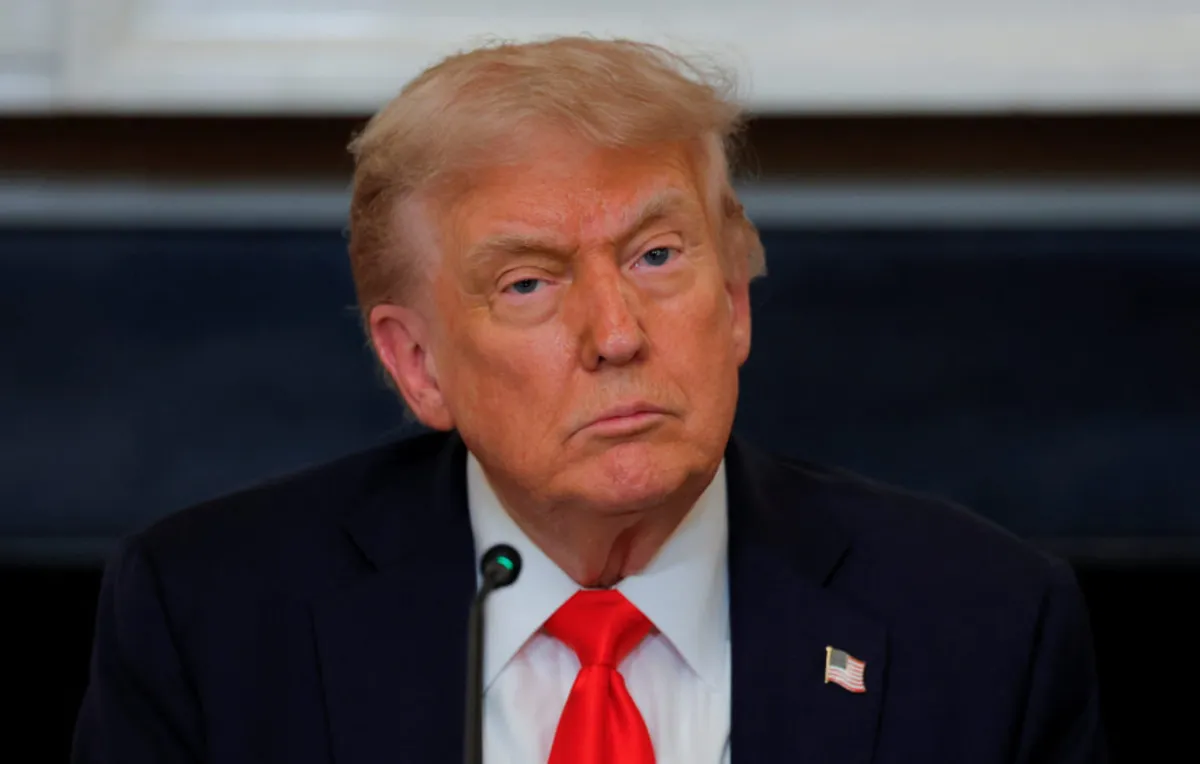
A federal judge in Massachusetts has ruled against President Donald Trump’s efforts to overhaul elections in the United States, siding with a coalition of Democratic state attorneys general who argued that the executive order was unconstitutional. The ruling, issued on Friday, has significant implications for how elections are conducted across the country.
On March 25, President Trump issued an executive order aimed at changing the voting process for federal elections. The order mandated that state officials require documentary proof of citizenship from all individuals registering to vote, limited the acceptance of mail-in ballots to those received by Election Day, and tied federal election grant funding to compliance with the new ballot deadlines. This initiative was portrayed by the White House as an effort to ensure "free, fair, and honest elections," with proof of citizenship deemed a "commonsense" requirement.
The attorneys general from various states quickly challenged the directive, claiming it "usurps the States’ constitutional power and seeks to amend election law by fiat." Judge Denise J. Casper, in her ruling, indicated that the states had a strong likelihood of success in their legal challenges against the executive order. She noted, "The Constitution does not grant the President any specific powers over elections."
In her decision, Judge Casper emphasized the established requirement that U.S. citizenship is necessary to vote in federal elections and pointed out that federal voter registration forms already require an attestation of citizenship. The judge also highlighted concerns raised by the states regarding the potential burdens and costs associated with implementing the new requirements, stating that it would place significant strain on state resources.
This ruling marks the second legal setback for Trump's election order. Earlier, a federal judge in Washington, D.C., had blocked parts of the directive, including the contentious proof-of-citizenship requirement for federal voter registration forms. These legal challenges underscore the ongoing debate surrounding election integrity and the limits of presidential power in setting election rules.
President Trump’s push for stricter voting regulations is rooted in his longstanding allegations of widespread voter fraud. Following his 2016 victory, Trump claimed that his popular vote total would have been significantly higher if not for "millions of people who voted illegally." Despite extensive investigations showing that voter fraud is rare, Trump has continued to assert that his executive order is necessary to safeguard elections against noncitizen voting.
The executive order also proposed that states must exclude any mail-in or absentee ballots received after Election Day. This could jeopardize federal funding for states that fail to comply. Currently, 18 states and Puerto Rico permit the acceptance of mailed ballots as long as they are postmarked by Election Day. Oregon and Washington, which heavily rely on mail-in voting, have filed separate lawsuits regarding the ballot deadlines, arguing that the executive order could disenfranchise voters.
While Trump's order has garnered support from some election officials in Republican-led states, who believe it may deter voter fraud, many legal experts argue that the directive oversteps presidential authority. The Constitution grants states the power to determine the "times, places, and manner" of elections, with Congress allowed to set regulations for federal office elections. As reiterated in the ruling, the Constitution does not provide any authority for the president to dictate election rules.
During a recent hearing regarding the preliminary injunction sought by the states, attorneys debated the implications of Trump’s order, including whether the proposed changes could be implemented in time for the upcoming midterm elections and the potential costs involved for states. Justice Department lawyer Bridget O’Hickey argued that the order aimed to create uniformity in election operations rather than a patchwork of state laws, dismissing concerns about potential harms to states as mere speculation.
The ongoing legal battles surrounding election laws reflect the contentious political climate in the U.S., as the nation navigates the complexities of ensuring fair and secure elections while respecting the constitutional framework that governs them.